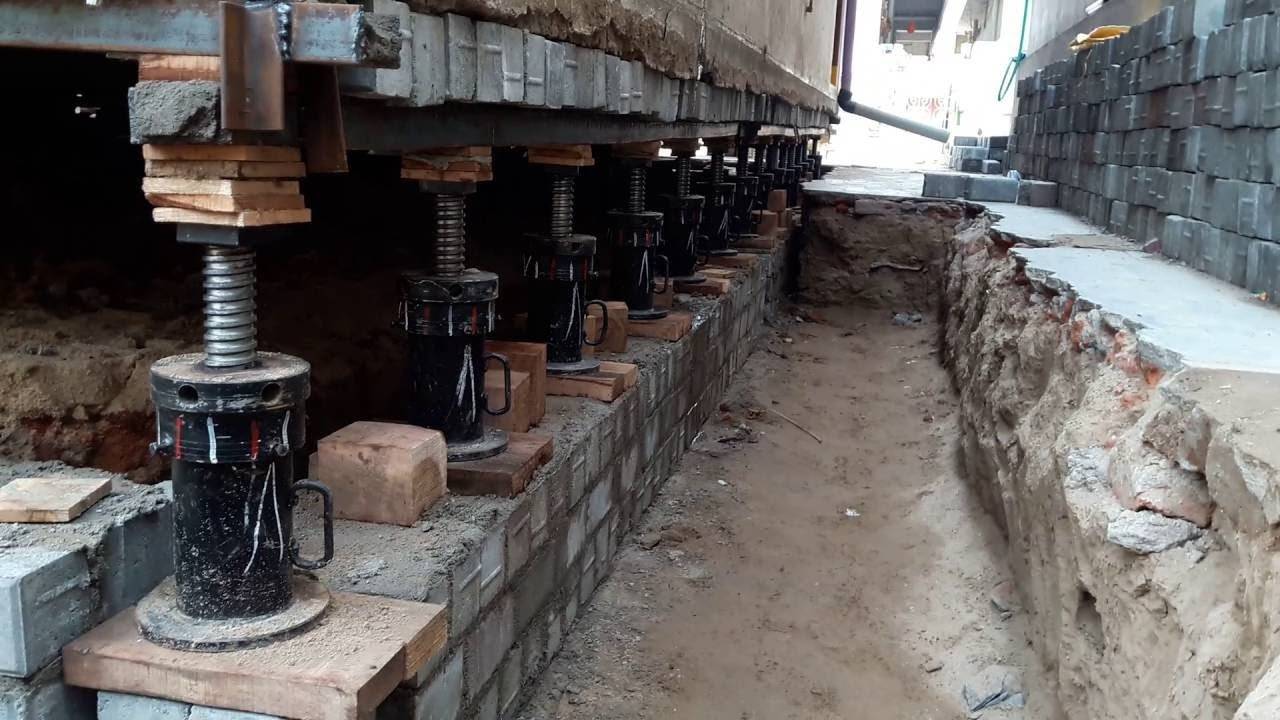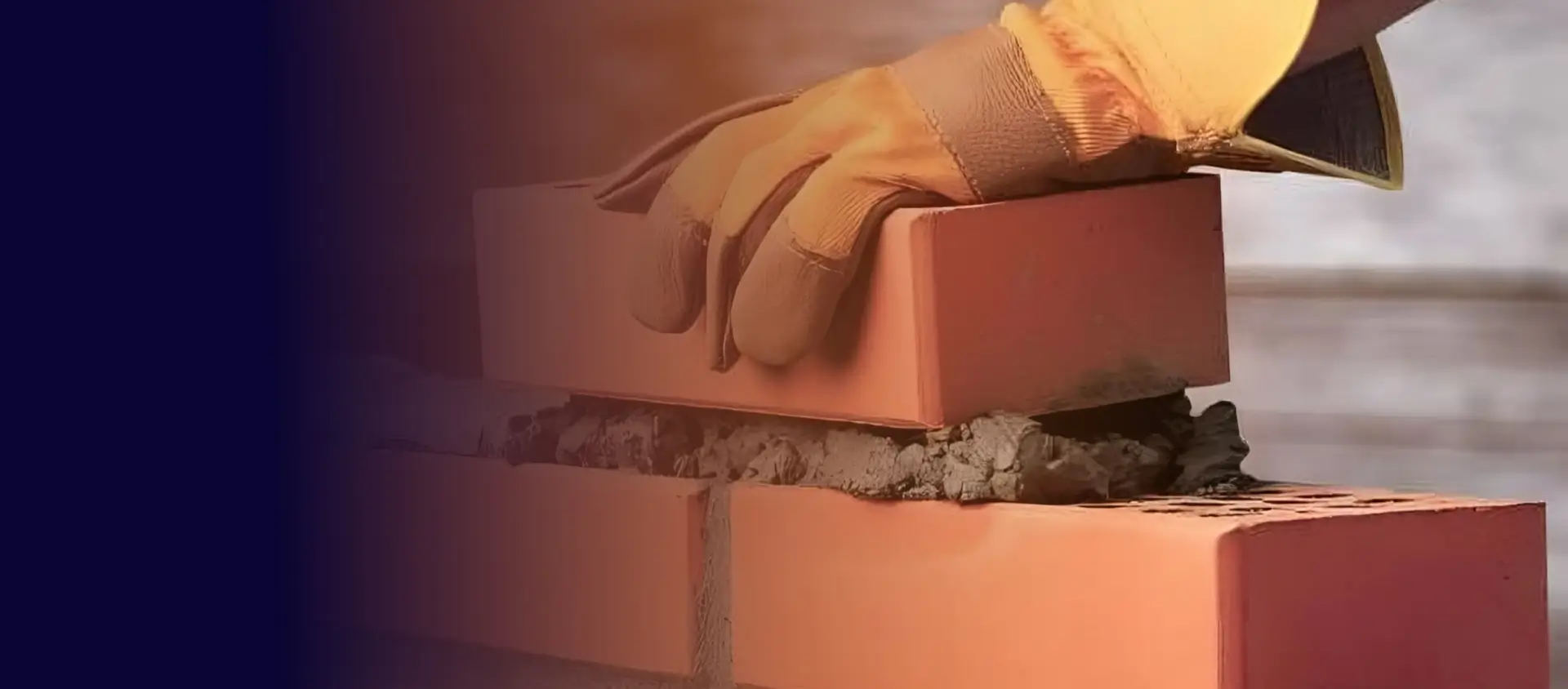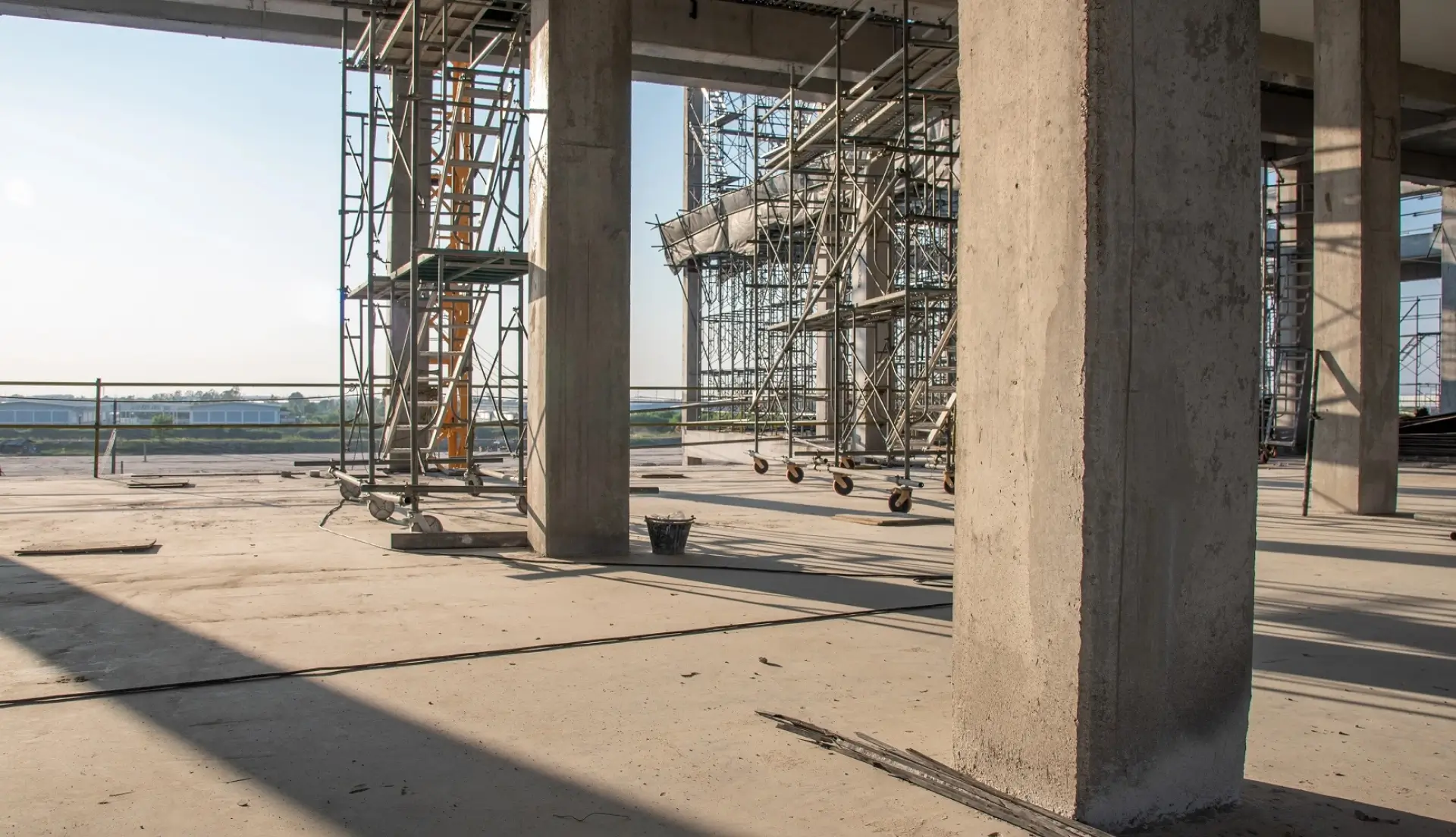Pilings are a smart, reliable solution for supporting homes in Galveston’s coastal environment. This guide dives deep into what pilings are, why Galveston homes need them, and the installation process, written in a clear, educational style to help you make informed decisions.
What Are Pilings?
Pilings are long columns, made from concrete, steel, or timber, driven deep into the soil to transfer a home’s weight to stronger ground or rock strata. Unlike shallow foundations, butt using pilings ensures stability in unstable soils or high water-table areas.
Why Galveston Homes Rely on Pilings
- Poor soil conditions: Sandy, silty, or eroding soils along the coast don’t support conventional foundations well.
- Flood resilience: Elevated foundations reduce flood risk and support compliance with FEMA elevation requirements.
- Long-term stability: Pilings reach deep, firm layers, minimizing settlement, shifting, and damage from storms.
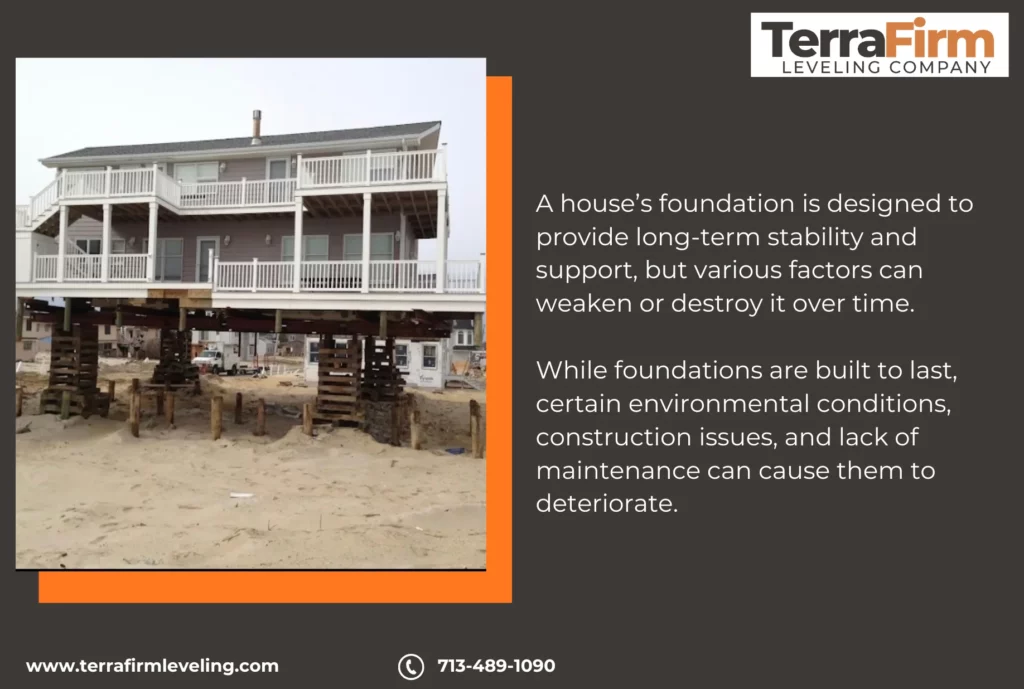
Types of Pilings Used in House Foundations
Concrete Pressed Pilings
Precast concrete segments hydraulically pressed deep into the ground, known for durability and waterproof performance. Common in Galveston for settling homes
Steel-Pressed Pilings
Steel cylinders driven into the soil, ideal when higher load capacity or corrosion resistance is needed. Often used alongside concrete.
Timber Pilings
Treated wooden posts used in older or light-load structures. Effective in submerged conditions but vulnerable to rot and marine borers without regular maintenance.
Pilings vs. Traditional Foundations
- Shallow foundations (slab/piers) fail in flood-prone or sandy soil.
- Pilings reach solid strata, offering reliable support even in challenging environments.
The Pilings Installation Process
1. Site Survey & Engineering
Inspect soil type, moisture, and load requirements. Engineer determines piling type and depth.
Permitting & Planning
You’ll need approvals from Galveston County, local floodplain regulations, and possibly FEMA guidelines.
3. Driving Pilings
- Concrete/Steel pilings driven hydraulically until they hit refusal depth, ensuring solid support.
- Timber pilings are similarly driven but may require coatings and periodic maintenance.
4. Foundation Re-Lifting & Securing
Once pilings are in place, the structure is lifted and load is transferred. Pile caps or brackets are installed.
5. Backfill and Inspection
Excavations are filled, the site is restored, and final inspections confirm structural integrity.
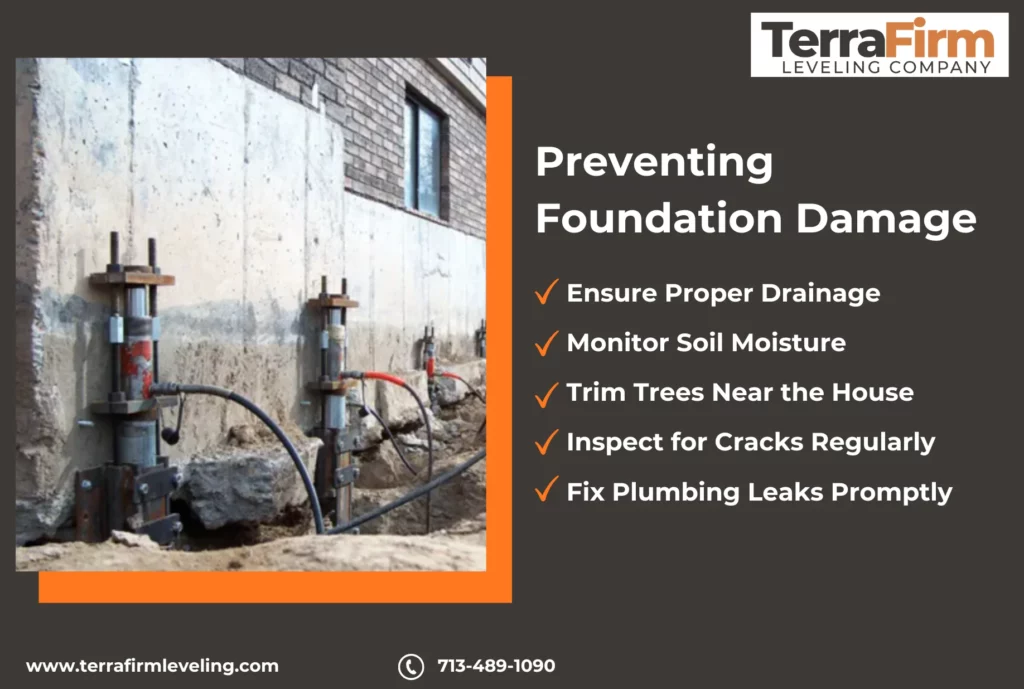
Benefits of Using Pilings for Foundations
|
Advantage |
Benefit in Galveston |
|
Deep soil anchoring |
Prevents settlement and shifting in sandy soil |
|
Flood & storm resistant |
Elevates homes above base flood elevation |
|
Longevity |
Concrete and steel pilings can last decades |
|
Minimal site disturbance |
Hydraulic driving reduces excavation |
Maintenance and Lifespan
- Timber pilings need periodic inspection (every 5 years), coatings, and replacement of decayed sections.
- Concrete and steel pilings require far less maintenance, protective coatings prevent corrosion.
Choosing the Right Piling for Your Galveston Home
- Timber: Cost-effective for light-loads, but shorter lifespan.
- Concrete: Durable, ideal for most residential foundations.
- Steel: Best choice for heavy-loads or commercial-grade foundations.
Work with a local contractor, like Galveston Foundation Repair, Always Ready Drilling, Island Marine Pile Drivers, or TX Marine Pile Drivers, who understands coastal conditions and local regulations.
Foundational Pilings for Homes
Pilings are a foundational solution for homes built on unstable or flood-prone soils in Galveston. Choosing the right material, ensuring proper installation, and maintaining over time ensures your home remains stable and safe, standing strong against storms and shifting soils.
